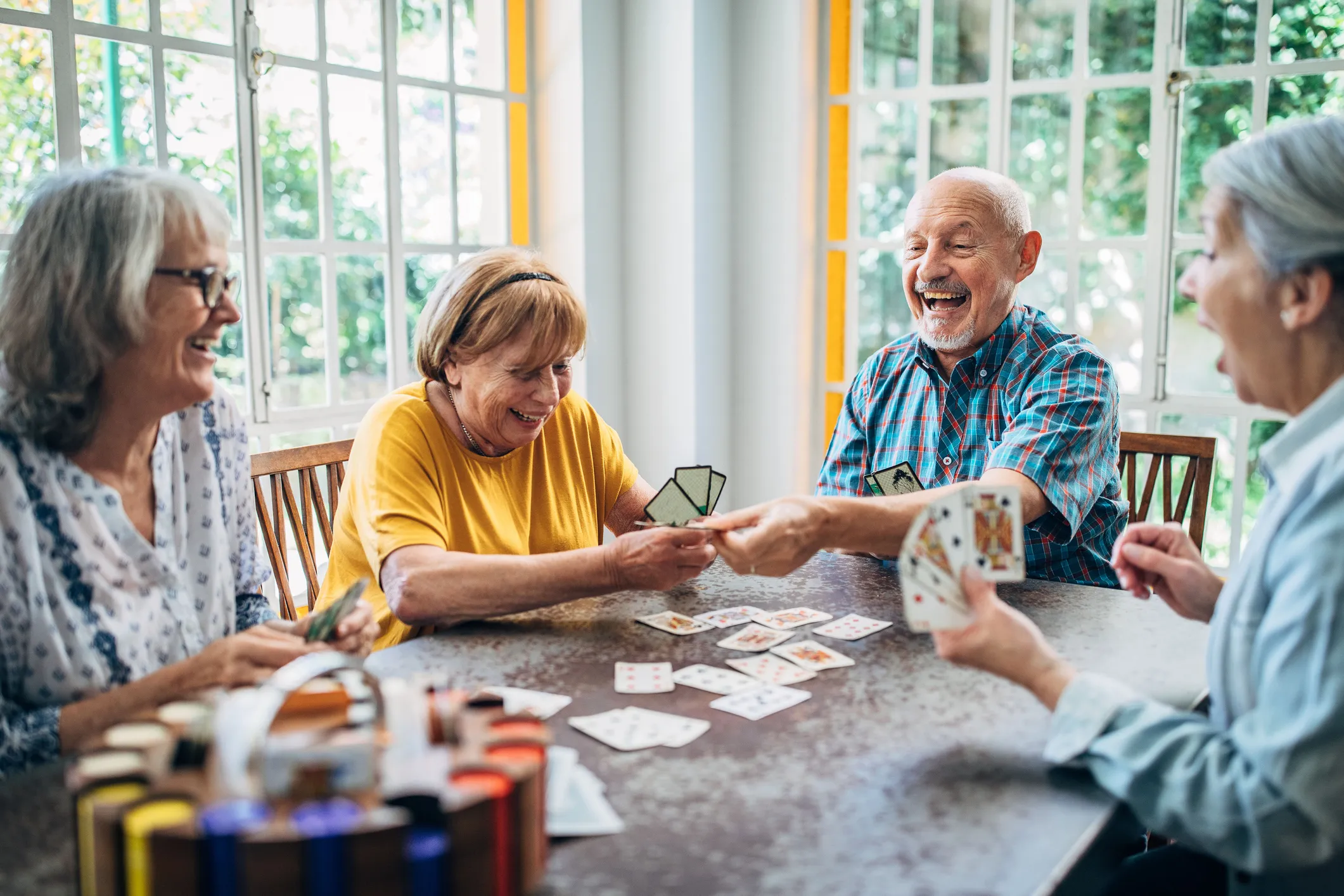Isolation and loneliness are significant concerns for many elderly individuals. As people age, they may experience a range of life changes—such as retirement, the loss of a spouse, or health challenges—that can lead to decreased social interaction. Understanding the impacts of isolation and loneliness is crucial, and there are effective strategies to combat these feelings and improve the quality of life for older adults.
Understanding the Issue
Impact of Isolation and Loneliness:
- Mental Health: Loneliness can contribute to anxiety, depression, and cognitive decline.
- Physical Health: Studies have shown that social isolation can lead to increased risks of heart disease, stroke, and a weakened immune system.
- Quality of Life: Loneliness can diminish overall happiness and life satisfaction, leading to a cycle of withdrawal and further isolation.
Strategies to Combat Isolation and Loneliness
- Encourage Social Connections
- Family and Friends: Promote regular visits and phone calls with family members and friends. Schedule these interactions to create routine.
- Community Groups: Encourage participation in local clubs, classes, or groups that align with their interests, such as gardening, book clubs, or arts and crafts.
- Leverage Technology
- Video Calls: Teach them how to use platforms like Zoom or Skype to connect with loved ones. Regular virtual gatherings can help maintain relationships.
- Social Media: Introduce them to social media platforms where they can connect with friends and family, share experiences, and engage in communities of interest.
- Volunteer Opportunities
- Encourage volunteering in the community. Helping others can provide a sense of purpose and create opportunities for social interaction.
- Engage in Activities
- Hobbies: Support the pursuit of hobbies that can be done individually or in groups, such as painting, gardening, or playing an instrument.
- Physical Activities: Group exercises, walking clubs, or yoga classes not only improve physical health but also promote social engagement.
- Support Services
- Home Care Services: If appropriate, consider hiring a caregiver for companionship. They can engage in activities and provide social interaction.
- Senior Centers: Local senior centers often offer programs, activities, and events designed to promote socialization and community involvement.
- Organize Community Events
- Encourage or help organize neighborhood events, potlucks, or gatherings to foster community spirit and connection among seniors.
- Therapeutic Options
- Counseling or Support Groups: Professional support can be beneficial for those dealing with feelings of loneliness. Group therapy can also provide a safe space for sharing experiences.
- Pets as Companions
- If feasible, consider pet adoption. Pets provide companionship and can motivate physical activity and social interaction, whether through walks or pet-related events.
Conclusion
Addressing isolation and loneliness in the elderly is essential for enhancing their quality of life. By fostering connections, utilizing technology, engaging in activities, and providing support, we can create an environment where older adults feel valued, connected, and involved. Small efforts can lead to significant improvements in their well-being, promoting a sense of belonging and purpose. Whether you are a caregiver, family member, or friend, your involvement can make a meaningful difference in their lives.

Leave A Comment